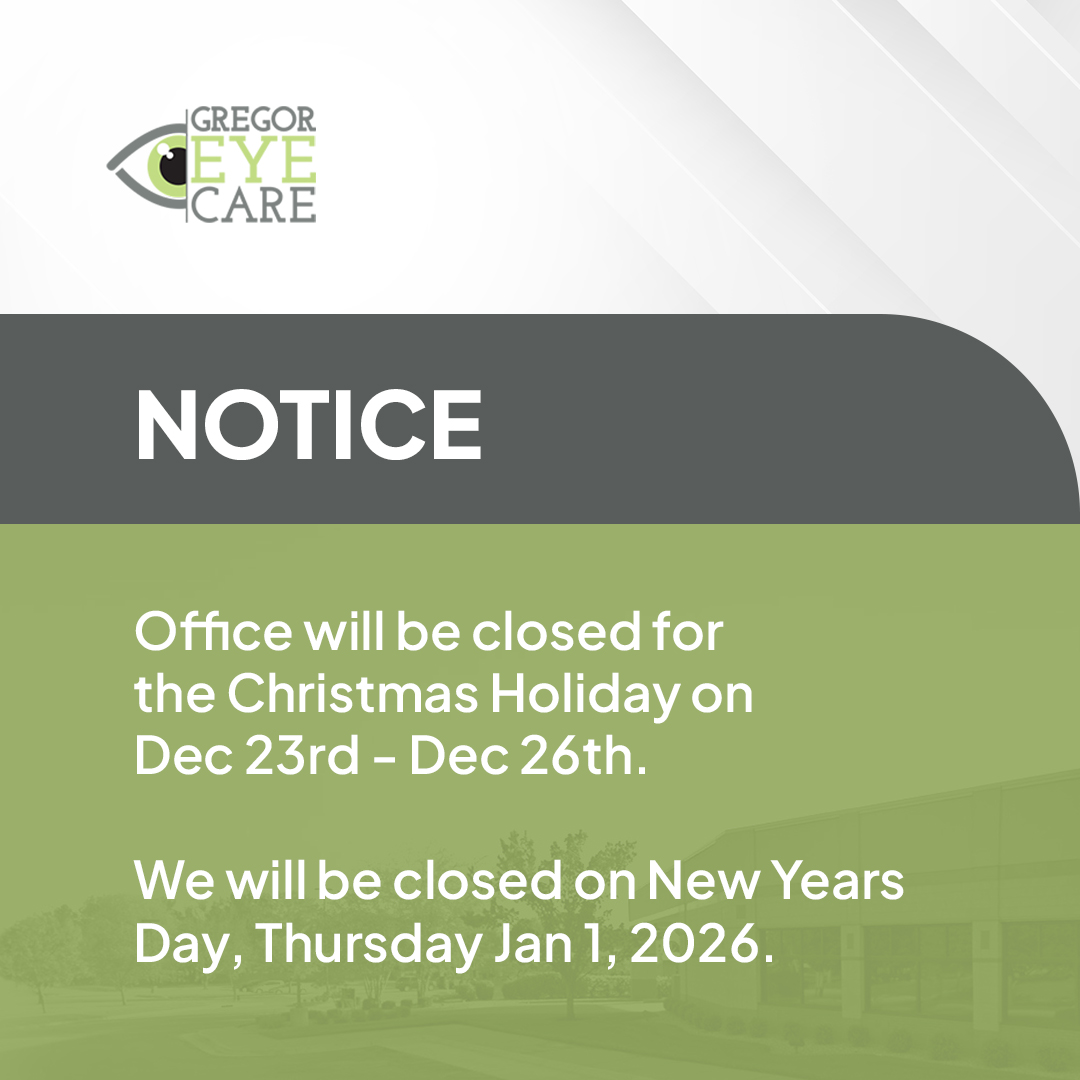
Glaucoma is an eye condition that portends severe outcomes. It can lead to permanent visual loss if left untreated. The good news is that early discovery and a proper diagnosis and treatment can help slow its progression.
Understanding Glaucoma
Glaucoma can cause irreversible damage to your optic nerve. The latter sends optical transmission from your eye to your brain, so damage to it leads to vision loss. Glaucoma is directly linked to increased pressure in the eye, called intraocular pressure. The pressure damages the optic nerve.
Glaucoma Diagnosis
A comprehensive eye exam is crucial in diagnosing glaucoma. It entails your eye specialist measuring the pressure in your eye and the appearance of your optic nerve and evaluating your visual field. They will use a tonometer to measure your intraocular pressure.
An ophthalmoscope will check the appearance of your optic nerve. It will allow your eye doctor to look at the back of the eye. They will also evaluate your peripheral vision through a visual field test using a perimeter.
Treatment
Treatment for glaucoma aims to reduce intraocular pressure to prevent causing further damage to the optic nerve.
Eye drops - This is the treatment commonly used to treat glaucoma. They increase the outflow of fluid from the eye to reduce intraocular pressure.
Laser therapy - This is a noninvasive procedure. It reduces intraocular pressure by improving fluid outflow from the eye. The specialist uses a laser to open up your eye's drainage channels. It helps allow fluid to flow more freely. The procedure is an outpatient procedure commonly known as trabeculoplasty.
Surgery - Your eye doctor can recommend it if you do not respond well to the other treatment options or have advanced glaucoma.
Preventing Glaucoma
There is no particular way known to prevent glaucoma. However, you can reduce your risk by doing the following:
Regular comprehensive eye exams - You can detect and monitor glaucoma through routine eye exams. The American Academy of Ophthalmology recommends that adults get comprehensive eye exams every two years.
Eating a healthy diet - A diet rich in whole grains, vegetables, and fruits helps lower the chances of glaucoma developing. Limit your caffeine intake and avoid taking high-fat and processed foods.
Regular exercises - You can reduce your risk of developing glaucoma by exercising regularly. Try to have at least 30 minutes of working out moderately. You can do so by brisk walking on most days of the week.
Blood pressure control - High blood increases the risk for glaucoma. Monitor it regularly. It is also vital to take steps to keep your blood pressure controlled.
Quitting smoking - Smoking is detrimental to your eye health. It heightens your chances of developing glaucoma. Consult a healthcare provider for help if you struggle to stop the habit.
Coping With Glaucoma
Most patients struggle to cope with a glaucoma diagnosis. It can cause uncertainty and anxiety about eye health and vision. Educate yourself about the condition and talk to your healthcare provider openly about your worries and concerns. It is vital to take the necessary steps to manage stress.
Counseling and support groups can help you cope better with your emotions upon getting a glaucoma diagnosis. Remember that you can preserve your vision and maintain good eye health with proper treatment and management.
For more about glaucoma, visit Gregor Eye Care at our office in Overland Park, Kansas. Call (913) 685-0212 to book an appointment today.









